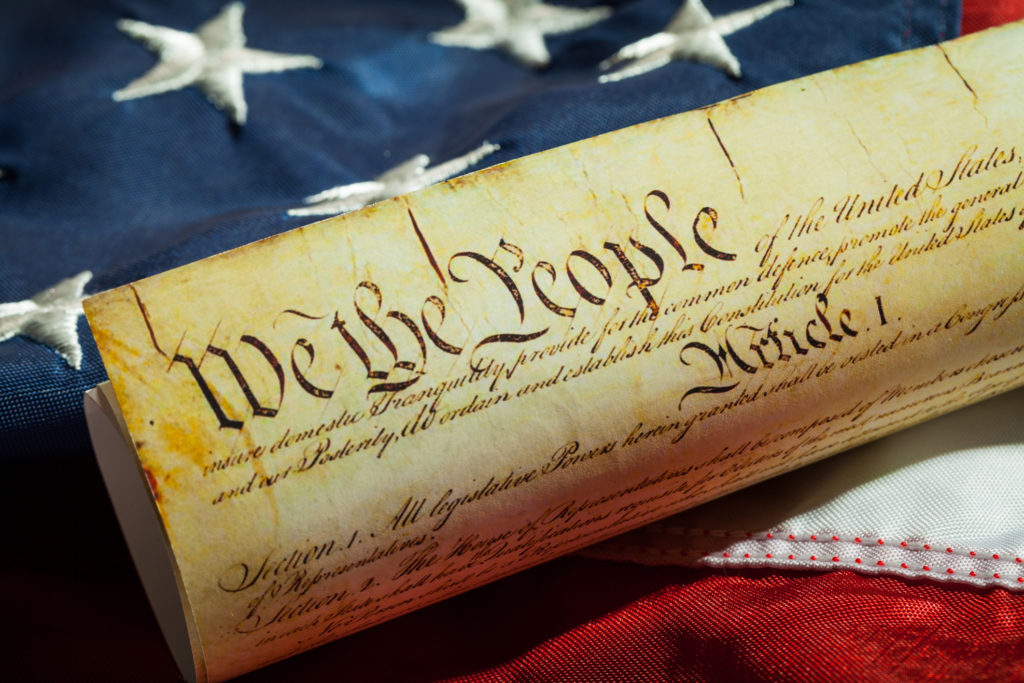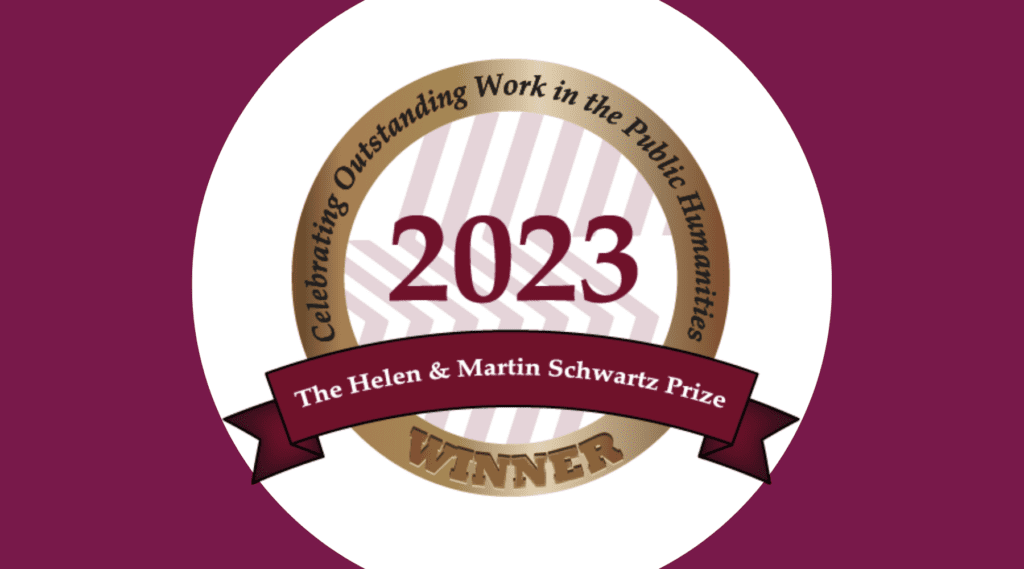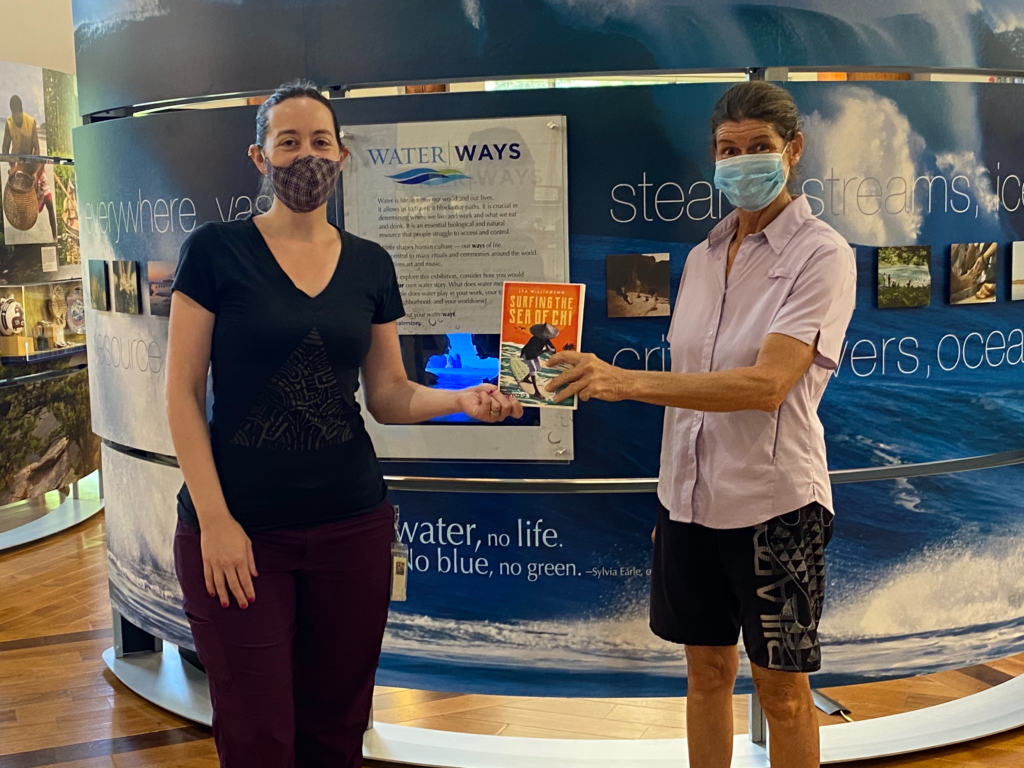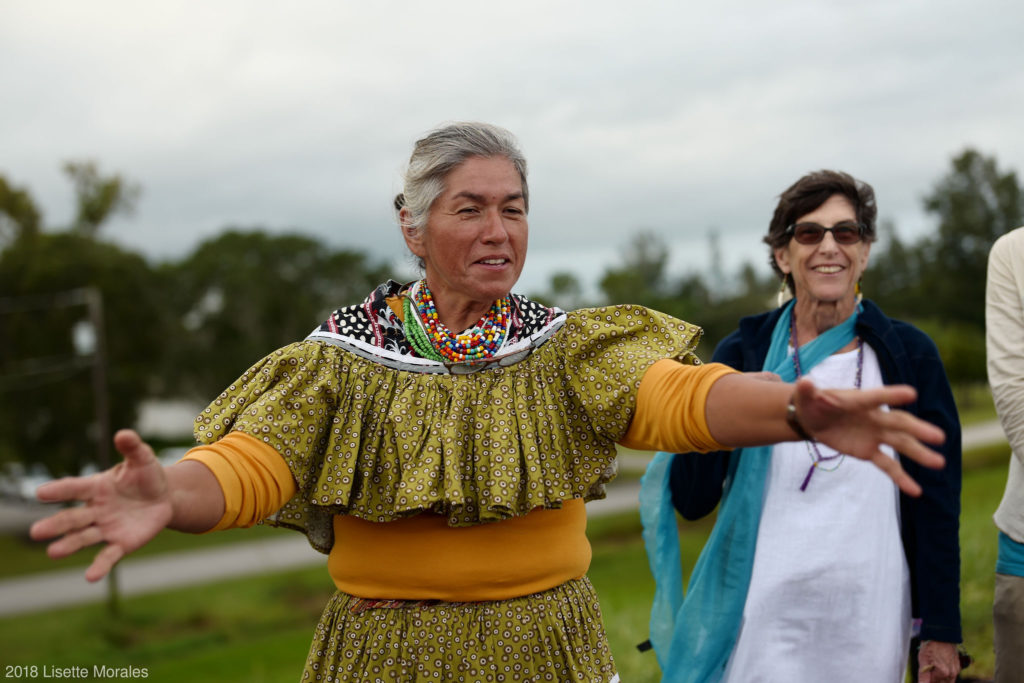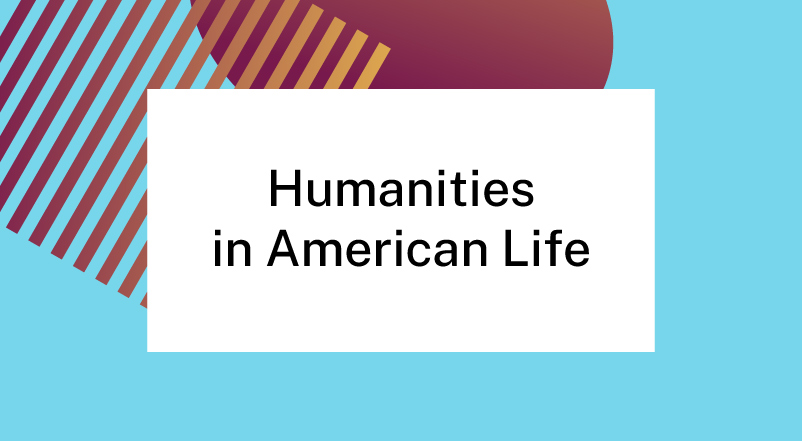Our Common Purpose
Programming coming 2023-2026
Leading up to the 250th anniversary of the Declaration of Independence, the Federation partnered with the American Academy of Arts and Sciences Commission on the Practice of Democratic Citizenship on its multi-year nationwide project, “Reinventing Democracy for the 21st Century.”
The Schwartz Prize
Awarded each year
In 1982, the Rhode Island Committee for the Humanities (now the Rhode Island Council for the Humanities) won the first Schwartz Prize for their project: “The Trinity Humanities Series: The Dramatic Work as a Historical, Cultural Document.” In the decades since, the prize has recognized a slate of outstanding public humanities programs from state and territorial councils. You can view a list of previous winners from the last 40 years here.
Democracy and the Informed Citizen
From 2017-2022, humanities councils tailored programs to their local communities that examined the connections between democracy, the humanities, journalism, and an informed citizenry. These programs used the humanities to enrich understanding of local and national issues, increase media literacy, distinguish reliable from unreliable sources of information, explore obstacles and potential solutions to sustaining local journalism, and engage in community conversations with Pulitzer Prize-winning journalists and other respected scholars. This initiative was generously supported by The Foundation and presented in partnership with The Pulitzer Prizes.
Photo credit: North Carolina Humanities, Watershed Moments
Humanities in American Life: Building Public Awareness
A fundamental challenge to our work is the term “humanities.” What does that mean? Why is it important? These questions lay the foundation for our “Humanities in American Life: Building Public Awareness” initiative. This multimedia and public awareness project launched in 2017 with the creation of a comprehensive repository of data and narratives that resulted in visually-engaging briefing papers on the work of our membership, a series of short videos, and in 2021, culminated with our first-ever national podcast, “Making Meaning: Why Humanities Matter.” This project was generously supported by The Mellon Foundation.
Photo credit: Florida Humanities, Our Sacred Water: Exploring the Protection of Florida’s Fluid Landscapes
Past Initiatives
Centennial Campfires (2016)
To celebrate The Pulitzer Prizes Centennial, The Pulitzer Prizes engaged the state and jurisdictional humanities councils in 2016 in the nationwide initiative, “The Pulitzer 100: Centennial Campfires,” which created more than 700 public events featuring 200 in-person Pulitzer Prize winners and another 150 through their works. The councils partnered with more than 400 different local organizations including schools, universities, libraries, theaters, parks, foundations, banks, media outlets, museums, and historical societies to spread awareness about The Pulitzer Prizes and inspire audiences (new and existing) with the worlds of excellence in journalism, arts, and letters through locally-tailored programs. In total, more than 78,000 people attended live events with hundreds of thousands more tuning in digitally via social media, online, and radio/TV broadcasts.
225th Anniversary of the Bill of Rights; Pop Up Exhibits (2016-2017)
In celebration of the 225th anniversary of the ratification of the Bill of Rights, the National Archives and the Federation partnered to present “The Bill of Rights and You,” a pop-up exhibit on the creation of the first 10 amendments and their continuing impact today. Thirty-five councils distributed more than 1,300 pop-up exhibits to schools, libraries, local museums, nonprofit organizations, and state congressional offices in their communities.
